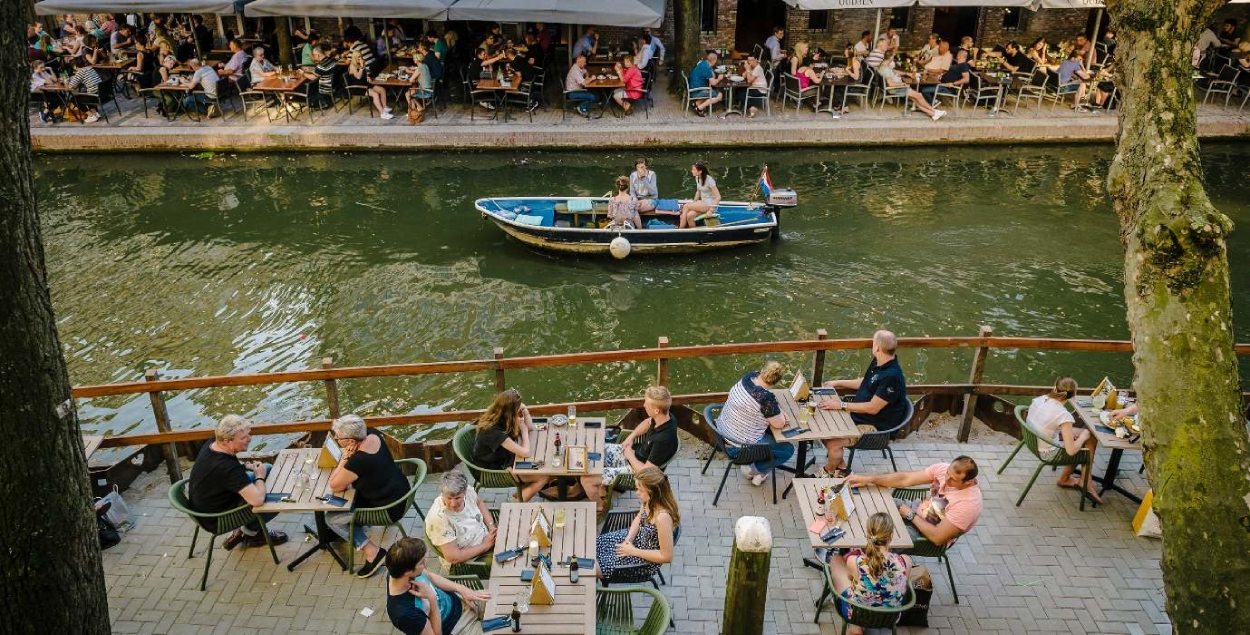Learning the Dutch language
Quickly go to
- Types of Dutch courses
- Free Dutch courses
- Official Dutch examinations
- Benefits of learning Dutch
- Relevant website
- Disover what it's like to live in the Netherlands

Wherever you are in the Netherlands, language courses and schools are available. These range from traditional language schools through to casual conversation groups, and initiatives such as My Local Friend. that pair you with a native speaker for one-on-one sessions. With such a large selection of Dutch courses on offer, you will have no trouble finding the course that's right for you. Whether you're looking for an intensive course to pick up the language as quickly as possible, prefer a sociable style that includes interesting lessons on Dutch culture, or lessons tailor-made for professionals, the options are endless. Several institutes are also CEDEO certified in regards to customer satisfaction and quality.
Some Dutch language courses are even available for free. Municipalities such as the City of Amsterdam and education providers like the University of Groningen offer complimentary language programmes to eligible participants.

The Dutch government developed an examination system known as the NT2, which will give you an officially recognised diploma and proves that you have a good command of the Dutch language - this course may be required for some immigration procedures (and is sometimes subsidised). If you are following a Civic Integration (inburgeren) programme as part of your immigration criteria, it should be noted that the language level is beneath NT2, focused primarily on the basics of reading, writing and speaking Dutch, as well as aspects of traditional Dutch culture. For this, you’ll have to learn Dutch up to about the IELTS level ‘B1’. More information, and language schools specifically to prepare you for Civic Integration is available via the Minstry of Education .
The majority of people in Amsterdam do speak English and will likely switch to it once they hear the foreign accent fumbling through the guttural Dutch 'g'. However, though daunting at times, learning the local language helps one gain insight into Dutch culture, customs, structure, current events and history, as well as making it easier to delve into the rich cultural scene, develop social contacts and assimilate. Acquiring even an elementary level of Dutch will make your life easier and make you feel more at home. One final tip - English, German and Dutch have similar linguistic roots, so if you already speak one of these languages, you are likely to pick up Dutch more easily.